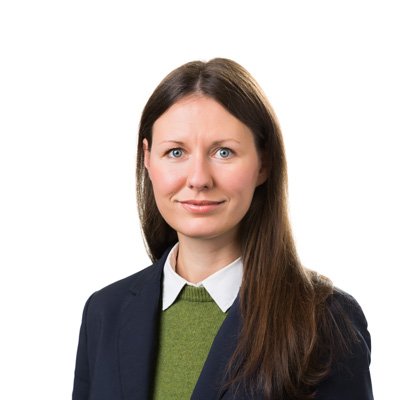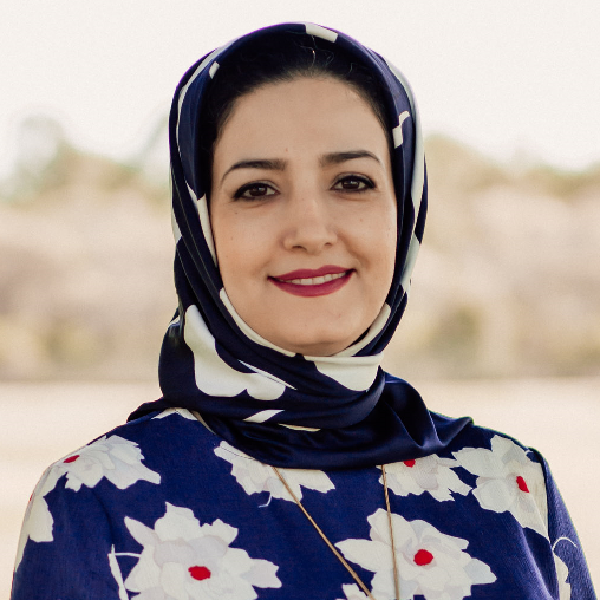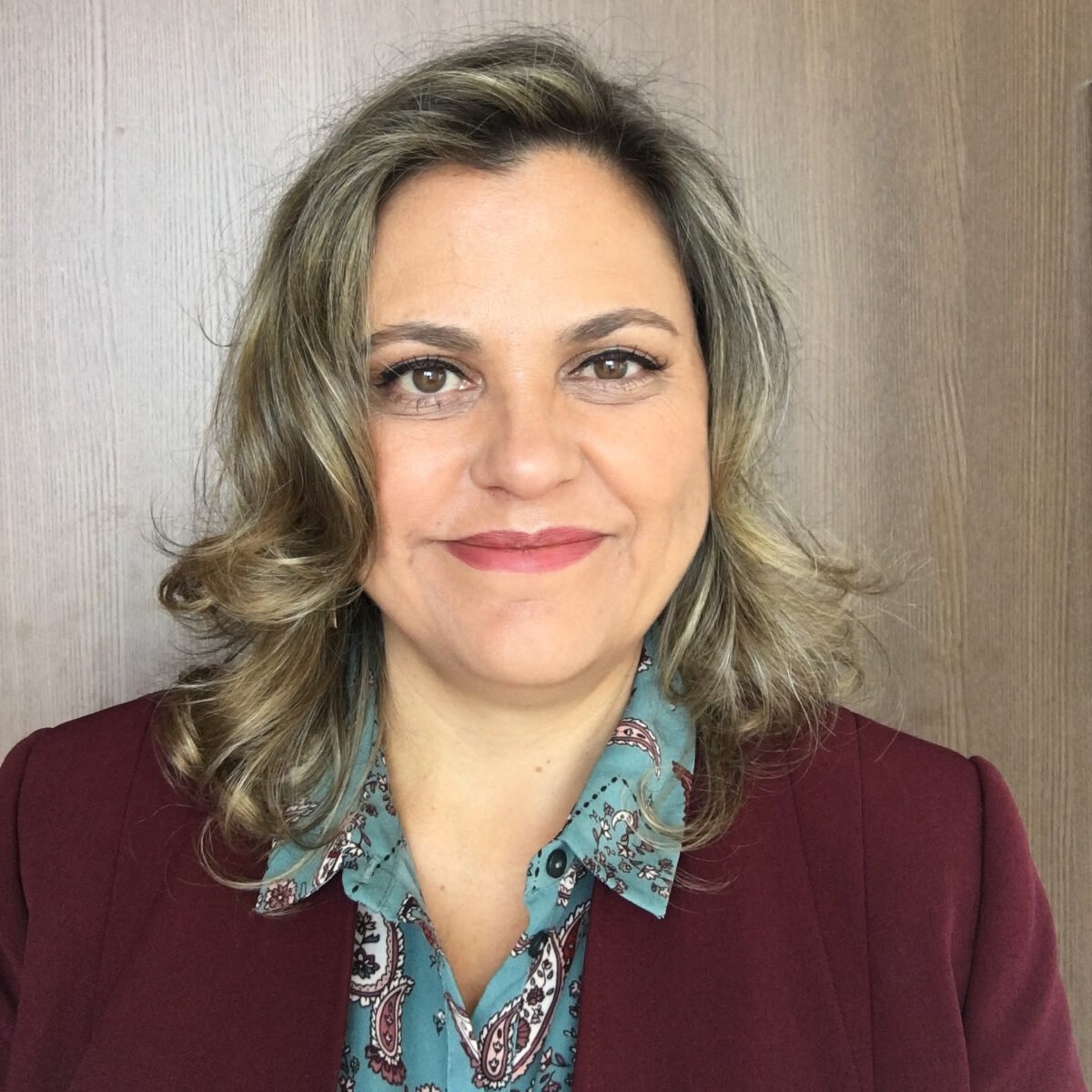International Women’s Day: Perspectives from the OHBM Women Faculty SIG
International Women’s Day is a global celebration that offers a chance to reflect and envision a world that is diverse, equitable, and inclusive of all genders. It celebrates women’s achievement, raises awareness about discrimination, and motivates action toward gender parity. The OHBM Women Faculty SIG – founded in 2023 – took this opportunity to interview and share perspectives toward this vision from three members across the world.
What do you value in a professional ally? What is an example / experience where a colleague supported you?
“I have been fortunate to have wonderful female role models in my life who also acted as my mentors, particularly Professor Randy Gollub and Professor Amy Brodtmann,” shared Dr. Natalia Egorova-Brumley. Dr. Egorova-Brumley is an Associate Professor of Psychological Sciences at the University of Melbourne and Australian Research Council Future Fellow who studies imaging of pain and cognition. “Both have influenced my career at different points, by generously sharing their professional advice and contacts, embedding me in their research networks, providing me with opportunities to present my work widely to grow as an independent academic. Both have managed to combine ambitious academic careers with motherhood, celebrating it – being a woman, a mother, and a scientist. The feeling of being inspired and supported by these amazing women is what has fueled me in my academic career, and I hope to share it with my mentees.”
Dr. Letícia Rittner, Associate Professor in Electrical and Computer Engineering at the University of Campinas in Brazil, agrees that it is crucial for women faculty to surround themselves with strong and confident female colleagues. Dr. Rittner directs the Medical Imaging Computing Lab and has expertise in imaging processing, segmentation, and pattern recognition of brain MRI. She recalls her mentors as not afraid of sharing personal experiences and valuable tips and shortcuts, eager to see others succeed. “I personally appreciate the ones that encourage us to try new things and take risks,” Dr. Rittner described. “For example, my colleague and mentor Professor Simone Appenzeller consistently encourages me to pursue my next promotion. She often asks, 'What do you think you need to focus on to be ready?’ Because of her, I even made a list of goals and things I still need to develop.”
How do you support women scientists?
“I support women scientists by helping them realize their inherent value, emphasizing that they do not require external validation to feel worthy. Women have a unique perspective to offer, and it's important that they bring this diversity to the table wherever they are.” explained Dr. Maryam Ziaei, Associate Professor and Group Leader at the Norwegian University of Science and Technology. Dr. Ziaei leads the Emotion & Aging Neuroscience Lab and is affiliated with the Kavli Institute for Systems Neuroscience. She achieves the goal of supporting women through open communication. “One of my core values, which I have also outlined in my lab manual, is fostering open and honest communication at all levels of the organization, particularly within my team.”
Dr. Rittner further supports female scientists in her participation and leadership of scientific and outreach talks. “I always make room in my schedule to accept invitations for talks, panels and workshops, especially where I can act as a role model for young female scientists and researchers. More than once I’ve had a female student looking for a research position in my lab share that she had attended one of my talks and was inspired by me to pursue a career in the field.” As a member of several conference organizing committees, Dr. Rittner is dedicated to building diverse and inclusive scientific programs. “Ensuring at least 50% female representation among keynote speakers isn't just a goal, it's a personal commitment.”
How does being a woman influence your neuroscience research?
Identifying as a woman has also influenced the scientific direction of our SIG members. “I am guided first and foremost by the significance of the research questions, but personal experiences do influence my research trajectory as well,” shared Dr. Egorova-Brumley. “For example, having experienced significant sleep disruption as a mother of young children, as a pain neuroimaging researcher I turned my interest to investigating the effects of disrupted sleep on pain perception. Together with a PhD student in my group, Shima Rouhi, and an expert in the field of sleep, Professor Amy Jordan, we have recently identified sex differences in the relationship between sleep and pain (with females being more susceptible to the changes in pain perception due to disrupted sleep). We are now investigating this in greater detail, focusing our experimental testing on female cohorts.”
What advice do you have for women scientists today who are about to become faculty?
Dr. Ziaei identified that there is a lot of joy and fulfillment in shaping the culture of a group, dreaming up ambitious projects, and instilling values within a team that you lead as a faculty member. She offered a critical piece of advice - to surround yourself with supportive mentors and allies. “Throughout the journey, there will be highs and lows, and having sponsors and friends to turn to for advice during challenging times is invaluable.” For Dr. Ziaei, mentors can serve as a source of strength and provide information about how to lead your team and to improve skills in navigating difficult situations.
“Identifying what is important for you is not trivial.” Dr. Egorova-Brumley acknowledged. “Role models will be different for different people, and perhaps will even change, depending on the career stage and circumstances, but talking to people is very important. In addition to having a mentor, you need peers who are facing similar challenges or have recently worked out something that might be useful for you. Surrounding yourself with people and creating a community is rewarding and in fact necessary. “ The OHBM Women Faculty SIG hopes to contribute exactly to this sort of community through highlighting women scientists in their social media channels and with a planned Career Panel and Networking Event at the OHBM 2024 Annual Meeting. We appreciate the interviewees in sharing their insights for International Women’s Day.


